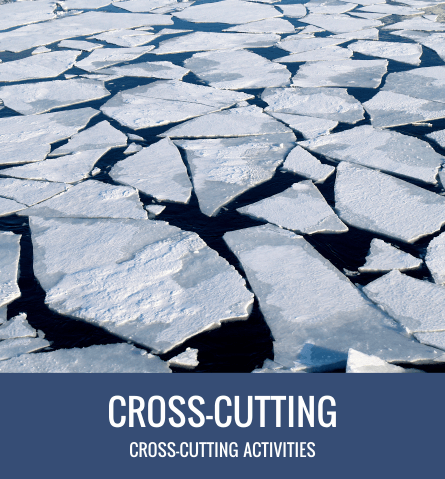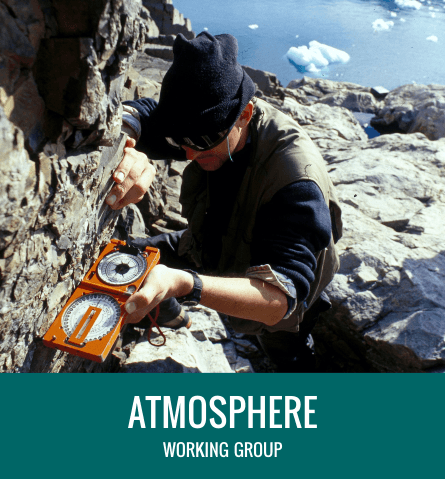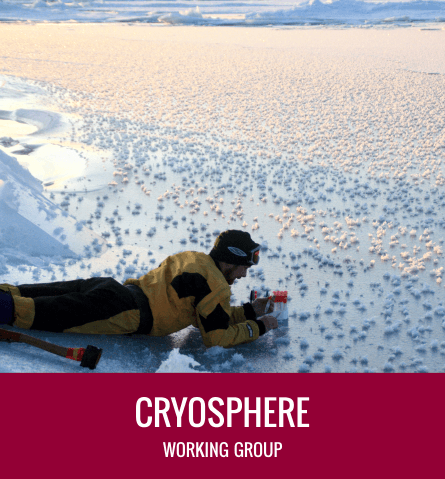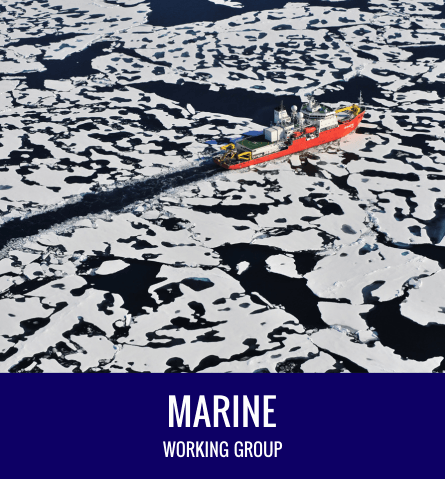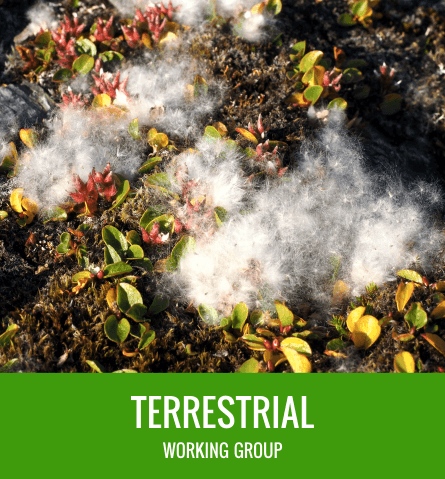The scientific scope of the IASC Terrestrial Working Group (TWG) shall include any scientific research on Arctic terrestrial and freshwater environments, landscapes and biota, and their responses to, and interactions with, other components of the Earth system. The remit encompasses the dynamics of the Arctic system; past, present and future
Geographically, the main area of interest of the IASC Terrestrial Working Group encompasses lands and fresh water within the area north of the latitudinal treeline with Arctic climate and Arctic vegetation. Several adjacent areas are included where highly relevant for certain disciplines and projects (a) boreal oceanic tundra (e.g. the Aleutian Islands, North Atlantic islands), (b) alpine tundra that is continuous with the Arctic tundra (e.g. the central highlands of Iceland, the Scandes Mountains, the Polar Urals), (c) the forest tundra, and (d) drainage basins to the south that connect with freshwater and marine areas of the Arctic.
Scientific Foci
- Improving knowledge at multiple temporal and spatial scales of the current state of Arctic terrestrial geosystems and ecosystems, with special attention to impacts of permafrost degradation and Critical Zone processes
- Determining the net effect of the terrestrial and freshwater environmental and biosphere’s processes that amplify or moderate climate warming
- Developing unifying concepts, fundamental theories, and computer models of the interactions among species, interactions between species and their environment, and the biology of life in extreme environments
- Estimating past changes in arctic geo- and biodiversity, measuring current change and predicting future changes.
- Improving our knowledge in past ecosystems dynamics (before current Global Change). Determine baseline conditions to frame “natural variability and rate of change” versus “current variability and rate of change”
Cross-cutting
Understanding the major issues within the wide disciplinary and geographical scope of the Terrestrial Working Group requires interaction with other Working Groups. The initial priority activities developed by the Terrestrial Working Group would benefit form interactions with all the Working Groups.
Work Plan
The TWG Work Plan concisely articulate (with scientifically-driven high-level specifics, not programmatic detail) how they will achieve IASC’s vision over 5 years. This plan is meant to help Arctic scientists get involved in IASC activities, and it is expected that it will evolve in the coming years as the TWG continues with its work.

